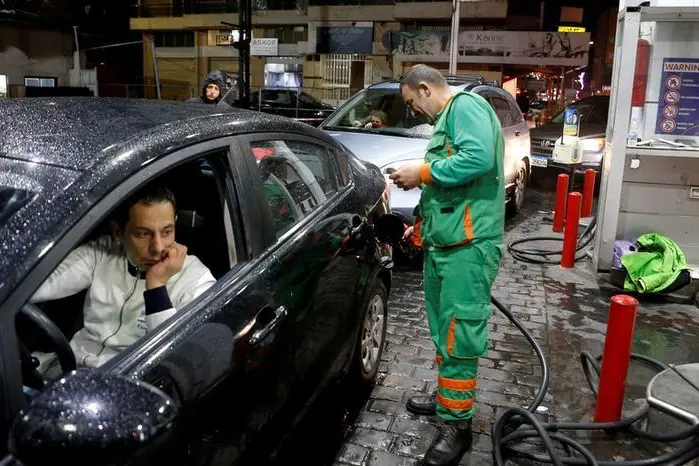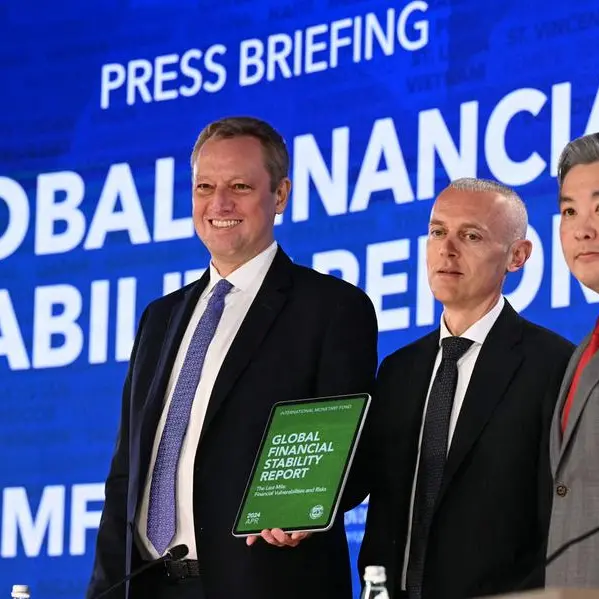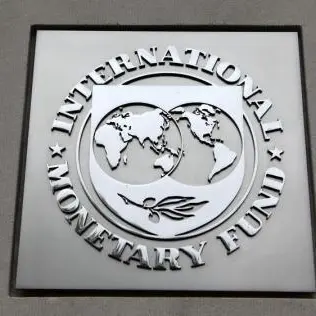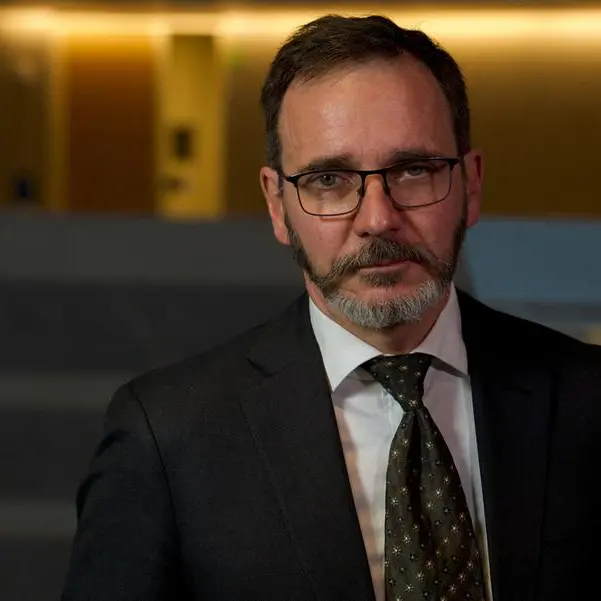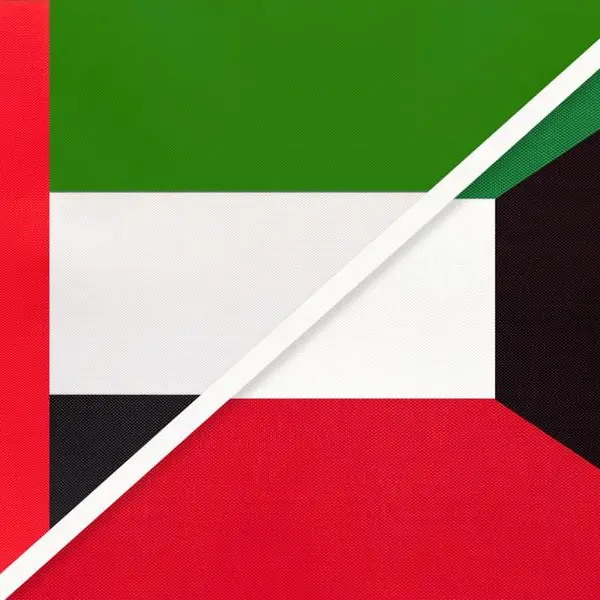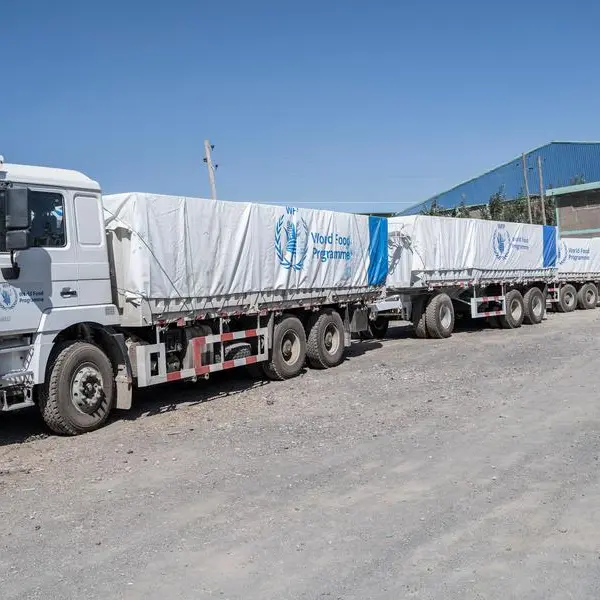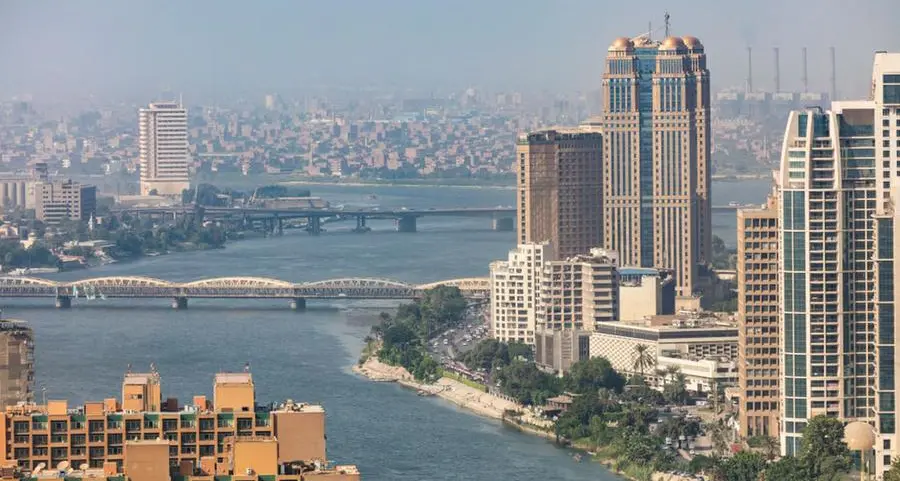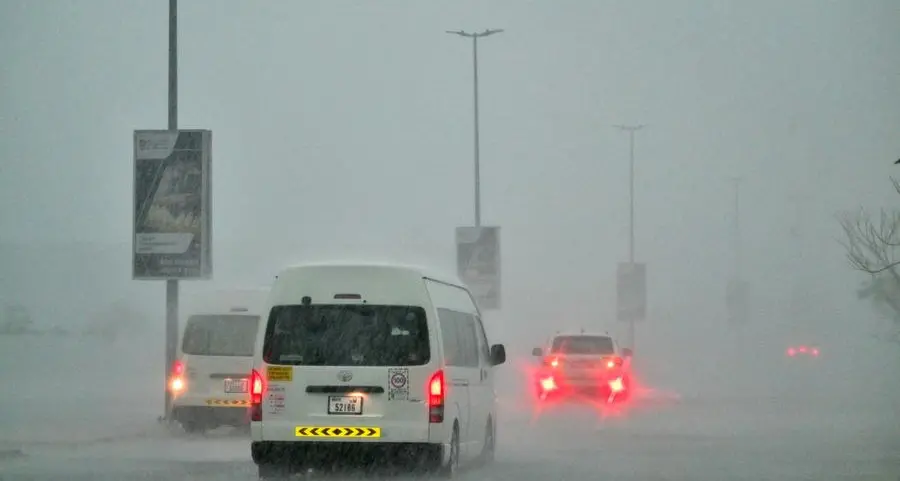PHOTO
BEIRUT: Motorists queued for hours at gas stations across Lebanon on Tuesday as fears of an imminent end to the country’s subsidy on fuel increased demand for a commodity already in short supply.
Payment delays are also keeping urgent oil stocks on offshore tankers, meaning that many gas stations are facing critical supply shortages.
Queues extended into streets as drivers waited to fill their cars. Some stations rationed the amount of fuel sold to customers, mostly taxi drivers. Other stores closed down entirely.
However, Fadi Abu Shakra, representative of the union for fuel distributors and gas stations in Lebanon, said that the confusion and fear surrounding gas supply was “unjustified.” He denied news reports that oil companies have notified distributors of an end to fuel subsidies.
Georges Brax, a member of the gas station owners’ syndicate, said: “The fact is, some stations have been running on very low fuel stocks due to the rationing of credits, which has forced some of them to close.” He added that more stations will open their doors as soon as importing companies begin distribution, warning that the problem is not with importing companies or station owners, but with the Central Bank of Lebanon.
“It is necessary to speed up the opening of credits for ships that have reached regional waters, which have prior approval so that they can unload their cargo, thus easing market tension,” he said.
Brax added: “We have to get used to this reality, because for weeks we have been facing the same problem and the fuel has not been cut off.” However, he added that, given the complexity of the issue, “in the short term, subsidies will not be lifted.” But the panic of the Lebanese seems justified as subsidies on food and over-the-counter medicines are being gradually lifted.
Caretaker Finance Minister Ghazi Wazni has warned that Lebanon will “run out of money” to afford basic imports by the end of May if its remaining foreign currency reserves are not rationed.
According to Wazni, delays in launching the plan are costing the government about $500 million per month.
Bechara Asmar, head of the General Confederation of Lebanese Workers, said that there is “chaos in the markets and in all sectors,” and that “citizens are standing in queues in front of bakeries, fuel stations, supermarkets, shops and pharmacies to secure their daily needs.” He added: “There is no plan yet to protect low-income people who can no longer afford their basic needs. Who is responsible? Is the Bank of Lebanon solely responsible? Or is it collusion between some merchants, importers, mafias, money whales and officials?” Some of Lebanon’s fuel supply is also being smuggled to Syria.
An investigation by North Lebanon First Investigative Judge Samaranda Nassar revealed that “smuggling of fuel from the north into Syria in large commercial quantities through several smuggling lines has been going on for about two weeks.
“The new line passes through the town of Baino toward old Akkar, Al-Qamou’a, Hermel and then into Syria,” a report said.
Nassar issued 15 arrest warrants in absentia in six cases relating to fuel smuggling.
A gas station in the border area of Al-Arida was also closed after it was established that the owners “had filled tanks with fuel to be smuggled into Syria.”
Copyright: Arab News © 2021 All rights reserved. Provided by SyndiGate Media Inc. (Syndigate.info).
